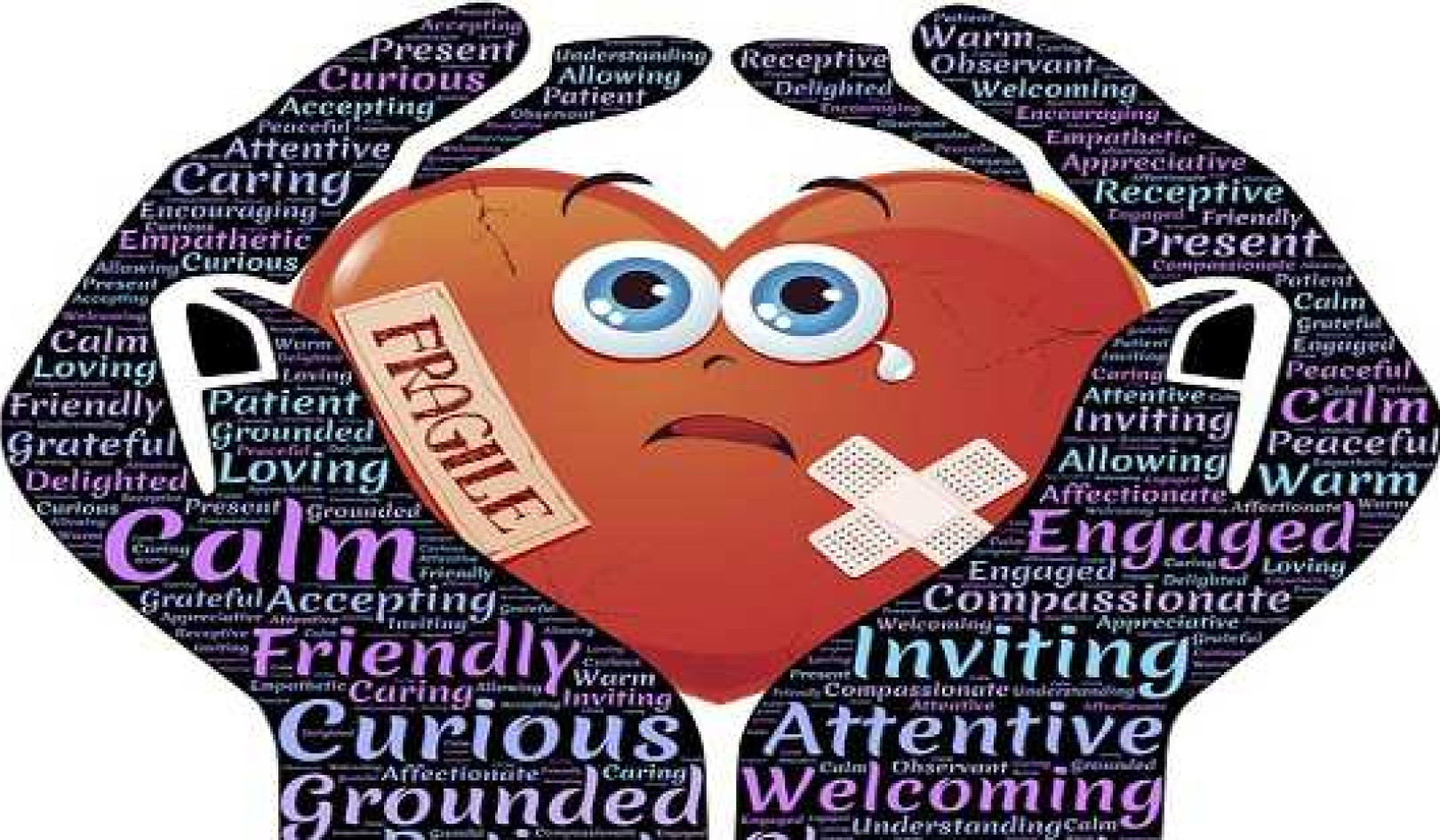
Activities that keep you fired up don’t help you turn down your anger. Ray Massey/The Image Bank via Getty Images
Some commonly recommended tactics for managing anger, including hitting a punching bag, jogging and cycling, aren’t effective at helping people cool off. That’s the key takeaway of our new review of 154 studies that looked at how activities that increase versus decrease physiological arousal affect anger and aggression.
Arousal is how researchers like us describe how alert and energized someone is. When you’re in a state of high physiological arousal, you’ll have increased heart rate, blood pressure, breathing rate and skin conductance due to sweat gland activity. Anger is a negative emotion associated with high physiological arousal.
In our study, we found that activities that influence arousal levels had a profound impact on anger and aggression.
By engaging in activities that decrease arousal, such as deep breathing, muscle relaxation, yoga, meditation and mindfulness, you can control, or “turn down,” your angry feelings and aggressive impulses.
Crucially, our meta-analysis of participants from multiple studies found that activities that help decrease arousal worked across diverse settings, including in the laboratory and in real-world situations, both offline and online, and in both group and individual sessions.
In addition, activities that turn down arousal were effective for a wide variety of people – students and nonstudents, criminal offenders and nonoffenders, those with and without disabilities, and for participants of various genders, races, ages and countries.
In contrast, some activities people use to manage their anger amp up arousal and increase anger and aggression levels. Jogging, a popular stress-relief activity, actually increased anger in the studies we looked at. The repetitive nature of jogging may induce feelings of monotony and frustration, potentially exacerbating anger rather than alleviating it. Conversely, engaging in ball sports and physical education classes decreased anger, possibly because they are playful group activities that evoke positive emotions.
Likewise, venting anger increased anger and aggression. This research helps dispel the myth that it is good to blow off steam and “let it out” or “get it off your chest.” Skip screaming into your pillow or pounding on a punching bag. Save your money rather than going to a rage room to break stuff with baseball bats. Such activities are not therapeutic.
Why it matters
Anger is a common emotion with potentially destructive consequences. From physical confrontations to road rage incidents, anger is widely seen as a problem and an emotion that people should try to rein in.
Yet, most people do not have effective techniques for controlling their anger. There is a great need for identifying effective strategies for reducing and managing anger. Our study shows that activities that decrease arousal are highly effective. Many of these activities are also inexpensive or free.
In a world grappling with the dangers of unchecked anger, our research empowers people with evidence-based tools for effective anger management, fostering healthier outcomes and societal well-being.
How we do our work
Our study in the journal Clinical Psychology Review was a meta-analytic review. It combined data from 154 studies examining activities that either decrease or increase arousal and their impact on anger and aggression.
The conclusions from a meta-analysis are statistically stronger because of the large sample – in our case, 10,186 participants. A meta-analysis can also reveal patterns that are less obvious in any single study. By zooming out from a leaf, you get to see the full tree.![]()
Sophie L. Kjaervik, Postdoctoral Fellow at The Injury and Violence Prevention Program, Virginia Commonwealth University and Brad Bushman, Professor of Communication, The Ohio State University
This article is republished from The Conversation under a Creative Commons license. Read the original article.

Related Books:
Atomic Habits: An Easy & Proven Way to Build Good Habits & Break Bad Ones
by James Clear
Atomic Habits provides practical advice for developing good habits and breaking bad ones, based on scientific research on behavior change.
Click for more info or to order
The Four Tendencies: The Indispensable Personality Profiles That Reveal How to Make Your Life Better (and Other People's Lives Better, Too)
by Gretchen Rubin
The Four Tendencies identifies four personality types and explains how understanding your own tendencies can help you improve your relationships, work habits, and overall happiness.
Click for more info or to order
Think Again: The Power of Knowing What You Don't Know
by Adam Grant
Think Again explores how people can change their minds and attitudes, and offers strategies for improving critical thinking and decision making.
Click for more info or to order
The Body Keeps the Score: Brain, Mind, and Body in the Healing of Trauma
by Bessel van der Kolk
The Body Keeps the Score discusses the connection between trauma and physical health, and offers insights into how trauma can be treated and healed.
Click for more info or to order
The Psychology of Money: Timeless lessons on wealth, greed, and happiness
by Morgan Housel
The Psychology of Money examines the ways in which our attitudes and behaviors around money can shape our financial success and overall well-being.
Click for more info or to order
























